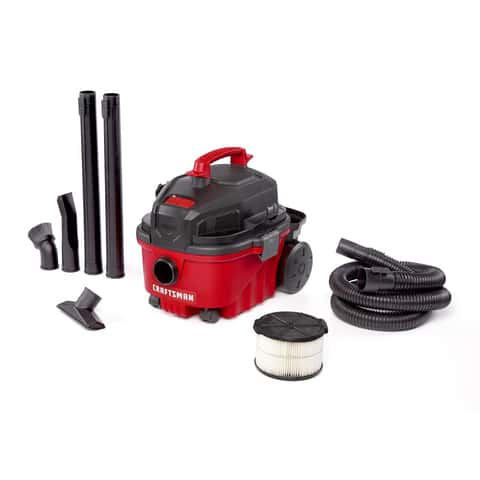Creating the right shopping experience depends on more than just arranging products neatly. One of the most powerful tools for guiding customer attention is proper display case lighting. Lighting not only makes items visible but also highlights their colors, shapes, and details in a way that attracts buyers. Retailers use it to create emphasis, set the mood, and ensure products stand out. When done correctly, lighting encourages customers to interact with displays, improving the chances of making a purchase. Choosing the right type of lighting is essential for any store aiming to maximize product visibility.
Why Display Case Lighting Matters
Lighting transforms the way products are seen. Without the right illumination, even the best items can look dull or overlooked. Display case lighting helps to:
- Draw customer attention to featured products
- Highlight colors, textures, and fine details
- Create a sense of value and exclusivity
- Encourage customer engagement and purchases
Types of Display Case Lighting

Retailers can choose from different lighting options depending on the product type and display style. Each option has unique advantages:
- LED Lighting: Energy-efficient, long-lasting, and provides bright illumination without heat.
- Spotlights: Direct light to a specific product or feature, making it stand out.
- Strip Lighting: Evenly spreads light across shelves or inside cases for a balanced look.
- Backlighting: Creates a glowing effect that enhances modern and elegant displays.
- Adjustable Lighting: Allows flexibility to change focus depending on product arrangement.
Key Considerations for Effective Lighting
To make lighting truly effective, retailers should focus on certain factors:
- Brightness Levels: Too much light can overwhelm the product, while dim light can make it unnoticeable.
- Color Temperature: Warm tones create a cozy atmosphere, while cool tones highlight clarity and detail.
- Positioning: Proper angles prevent shadows or glare that distract customers.
- Energy Efficiency: Choosing cost-effective options reduces operational expenses.
Best Practices for Retail Display Lighting
Using display lighting effectively requires both design and practicality. A few simple practices can make a big difference:
- Combine different types of lights to create contrast and focus.
- Adjust lighting regularly to match changing product displays.
- Highlight premium or seasonal products with brighter, focused beams.
- Ensure lighting matches the overall theme of the store for consistency.
- Maintain fixtures regularly so displays always look fresh and professional.
The retail display case lighting does more than brighten shelves it creates focus and enhances the shopping experience. From LED strips to spotlights, the right setup brings out the best in every product, making them more appealing to customers. By paying attention to brightness, positioning, and color tone, retailers can create displays that not only capture attention but also drive sales. Thoughtful lighting choices turn ordinary displays into powerful selling tools, ensuring products are presented in their best light.


















